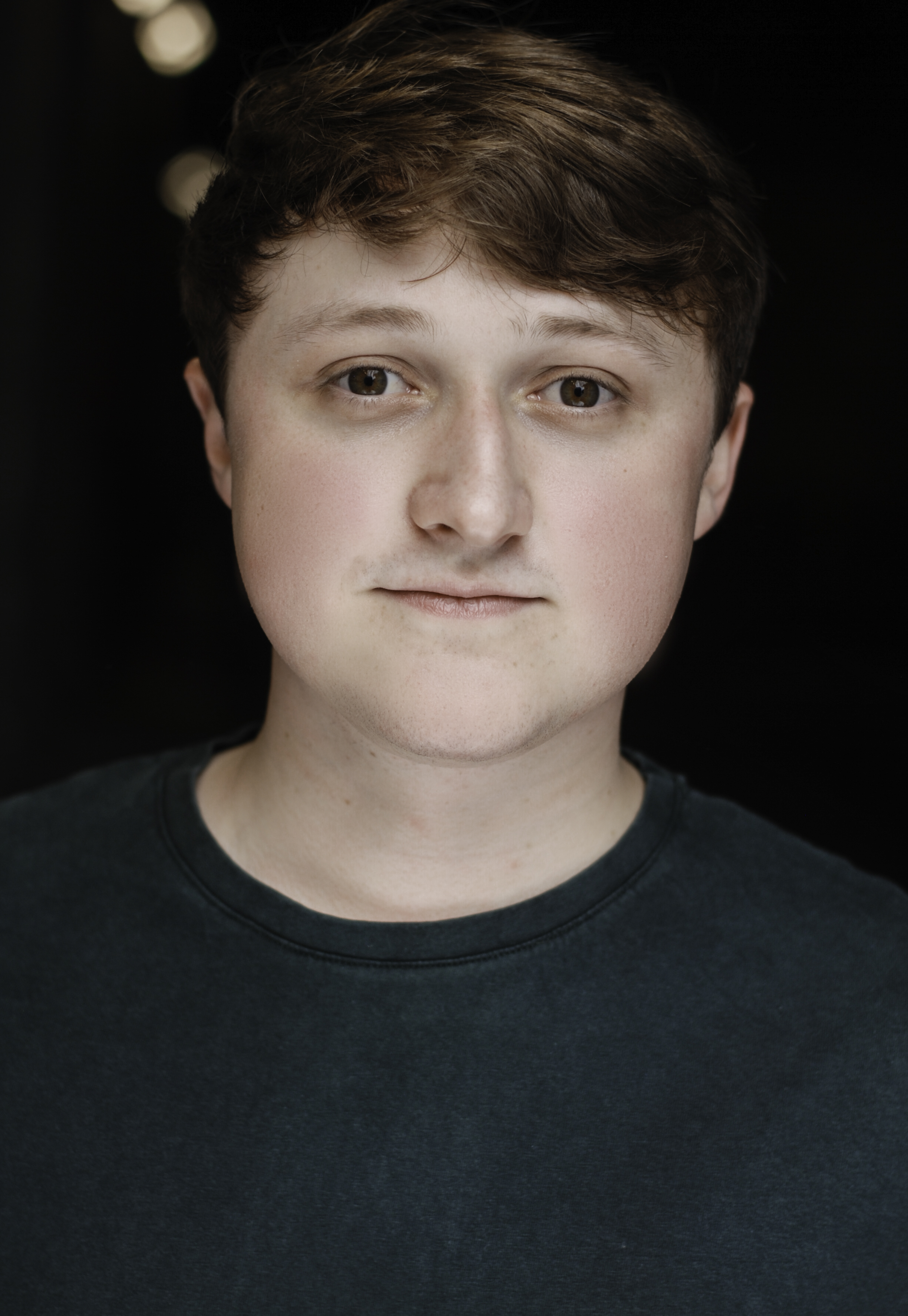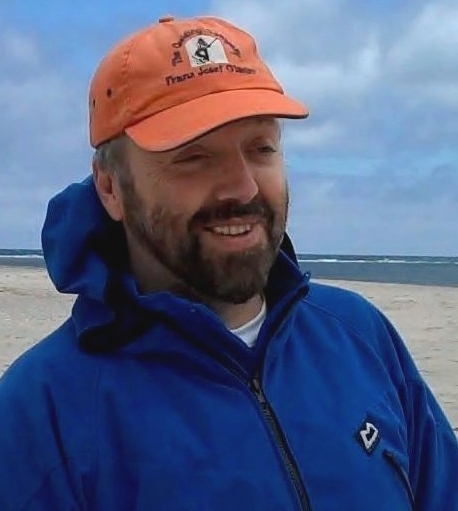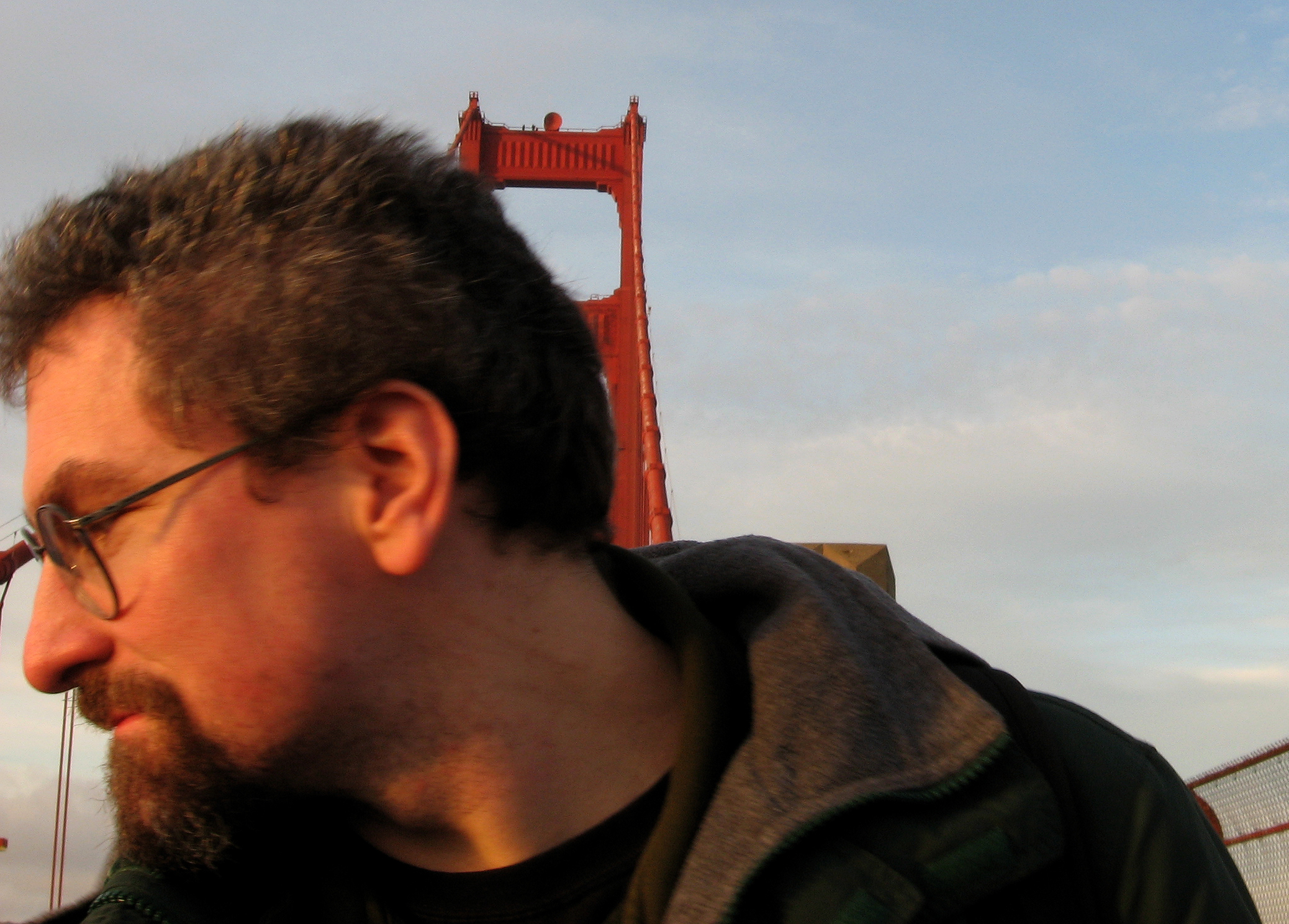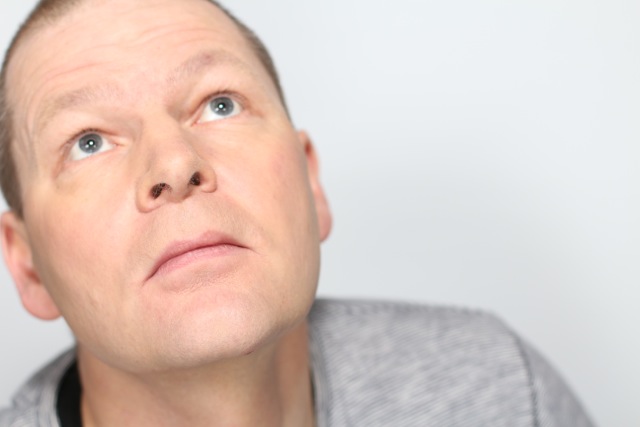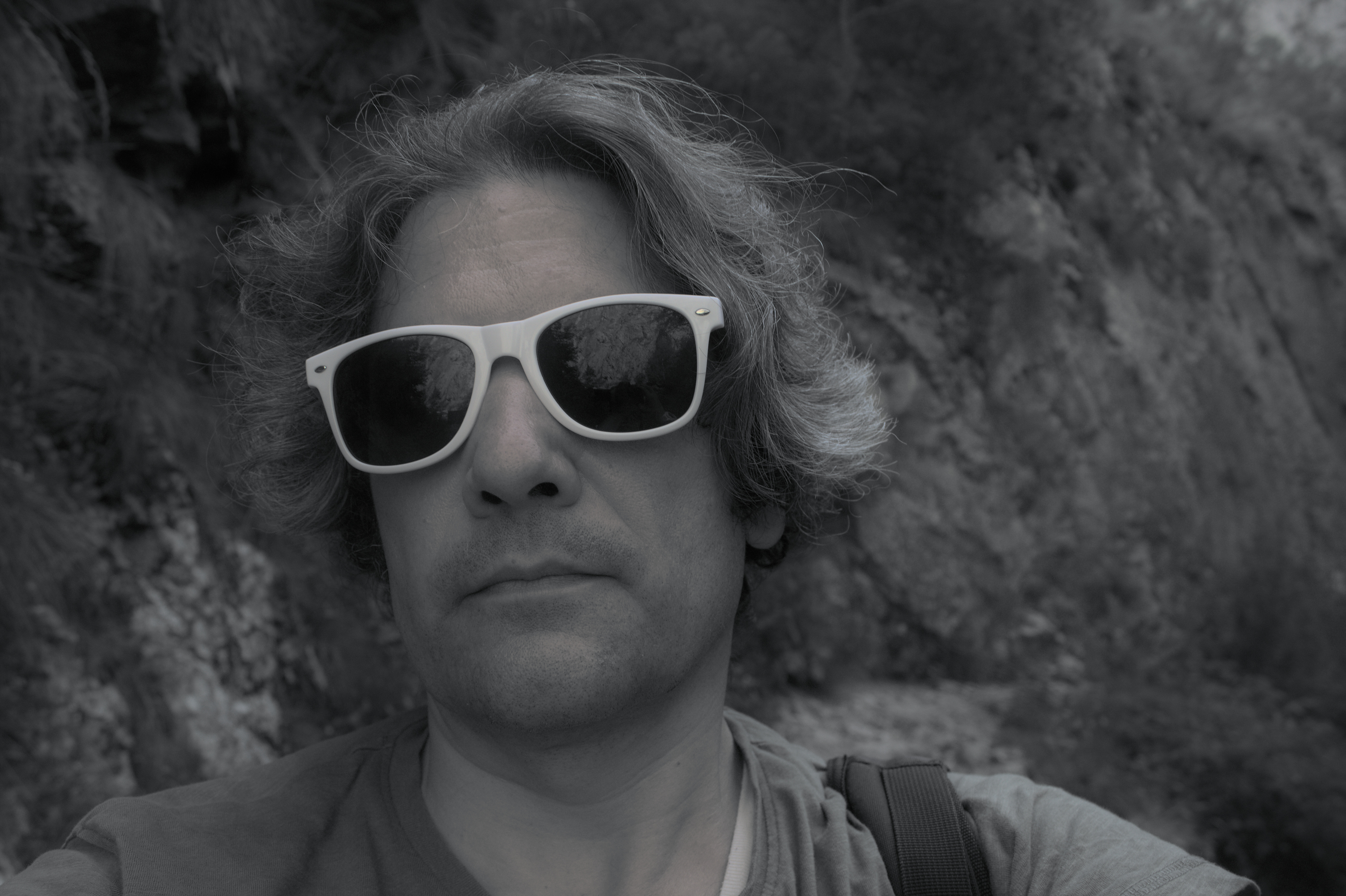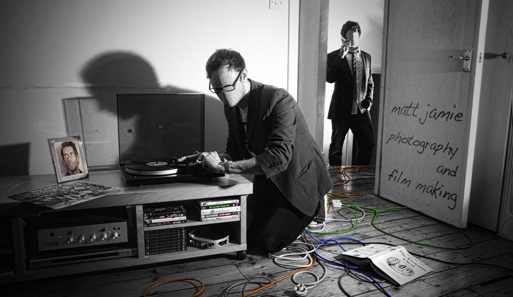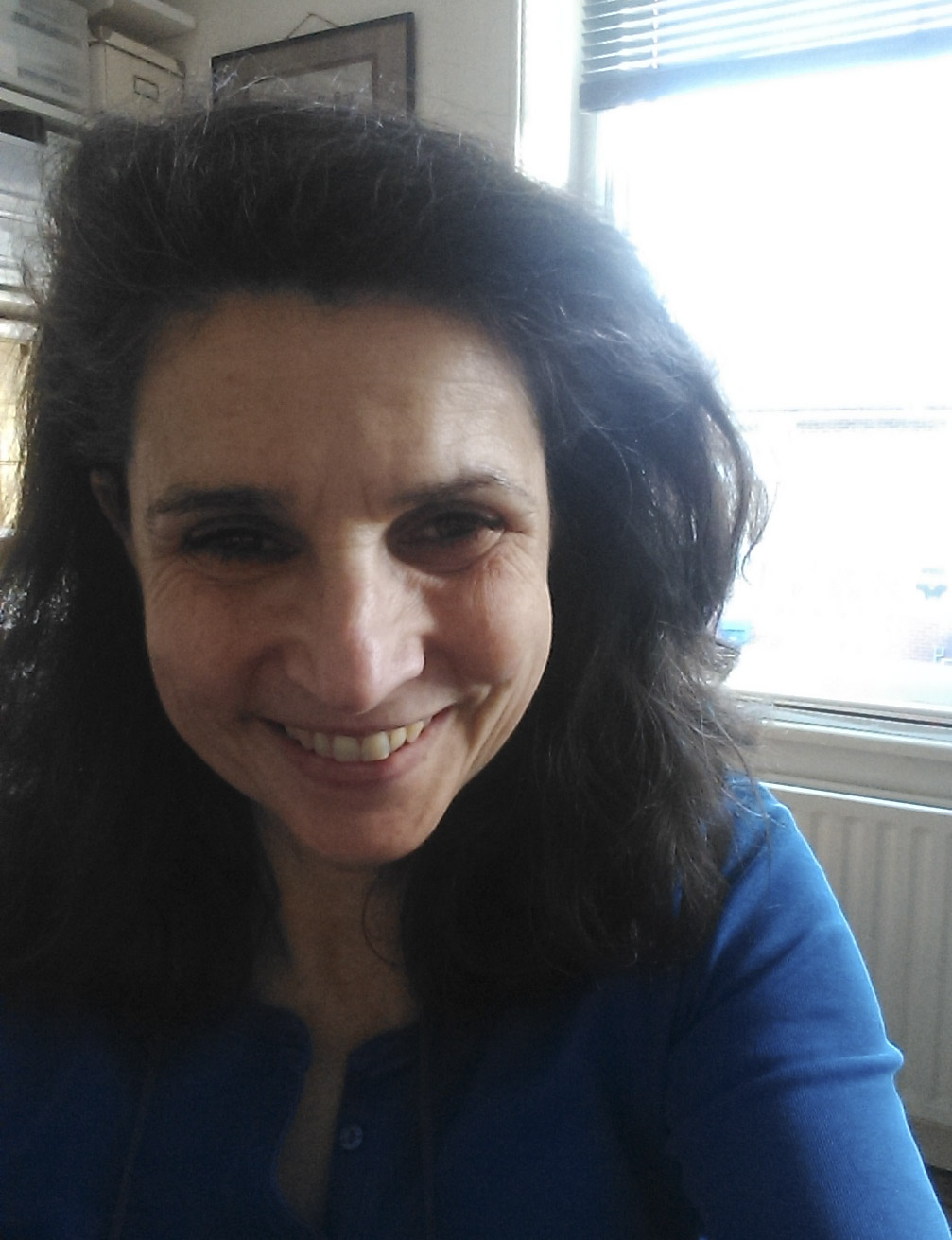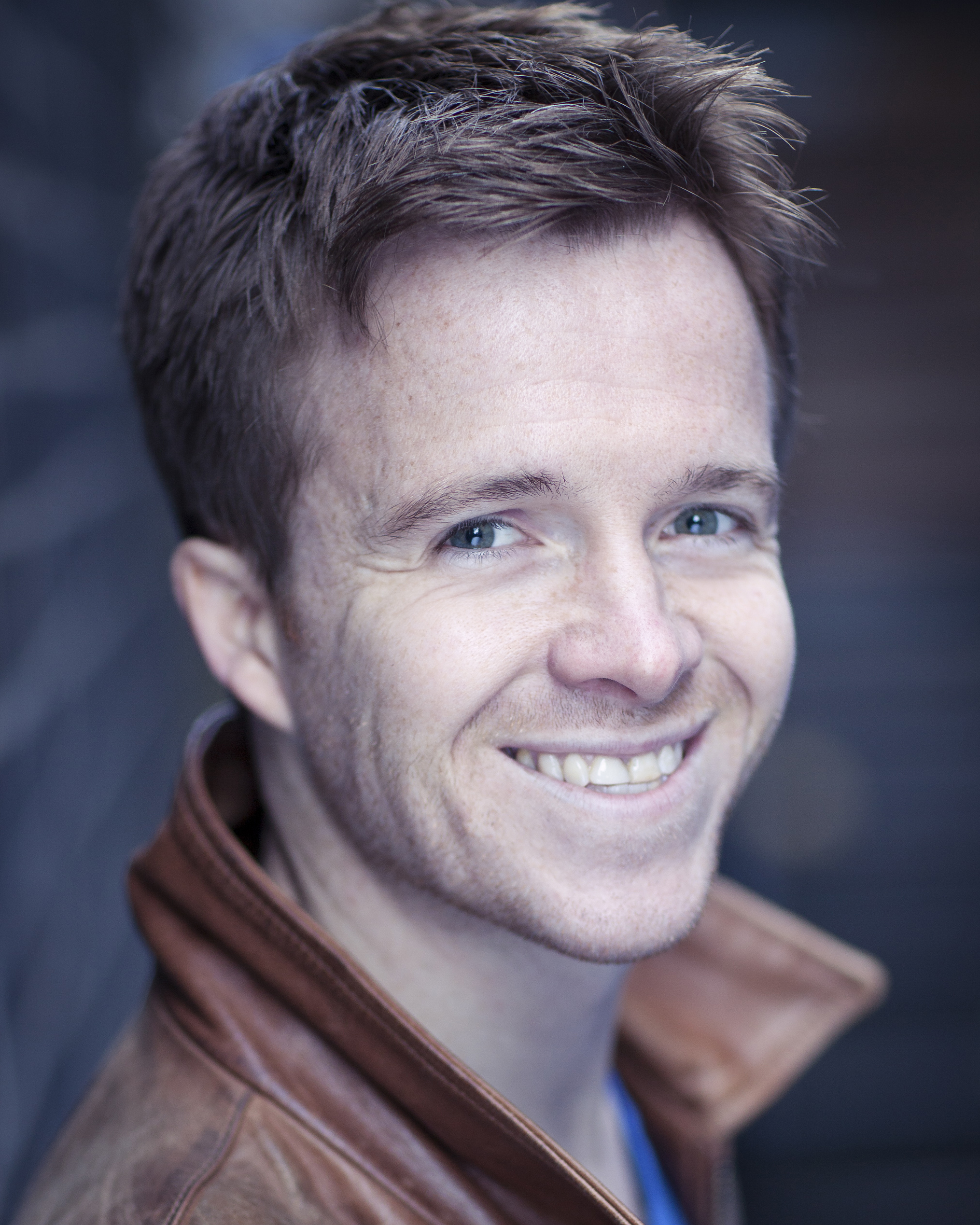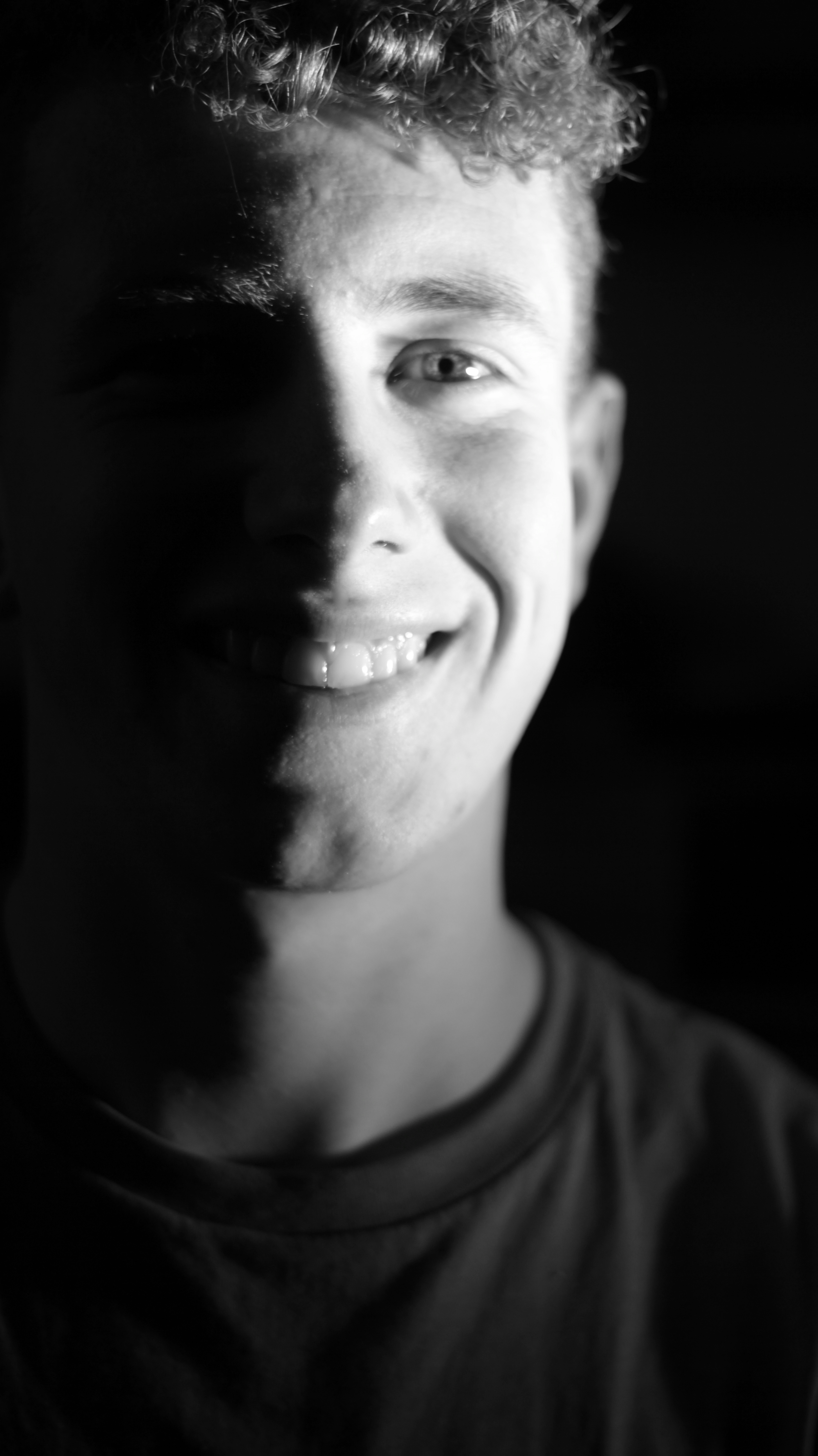ASK & DISCUSS
INDEXWhatever happened to the DSRL spring? (from Tales from the Cutting Room Floor)
12 years, 9 months ago - Guy Ducker
Hi all,
DSLR cameras offer a bright future for bold, experimental independent films. So why aren't we making them?
http://cuttingroomtales.wordpress.com/2013/01/20/anyone-for-revolution/
Let me know what you think.
Thanks,
Guy
Only members can post or respond to topics. LOGIN
Not a member of SP? JOIN or FIND OUT MORE
12 years, 9 months ago - Connor Snedecor
I think that the massive explosion of availability of visual culture in general has inspired a ton of people to pick up cameras and try to make stuff, something, who were not necessarily the type of individual who would've done so in the past due to the additional obstacles of film and so on. So you've got a larger number of films being made by people who just love Guy Ritchie or George Romero or whatever, rather than a small amount of hard-striving artiste types who really HAVE SOMETHING TO SAY in the old school sense and have to make serious sacrifices to say it. Not to sound elitist as I am not confident I fit in the more creative category myself of course!
I think that is the crux of the "sort of stories we're trying to tell" problem. A lot of people making films, especially the ones who follow the technology as more than a tool but as a hobby, wouldn't be the people you would ask for a serious philosophical view that could translate into a really new story to tell or new way to tell it. So yes, screenwriting is always the biggest issue, but I think it stems from this. My generation has lived through a generally peaceful era of history in which multimedia entertainment has become a way of life for everyone in a way it never was before. I think as fertile ground for stories about life, that's a terrible background to have and quite an obstacle for a lot of us. Writing what you know when all you know is other people's writing makes it extremely difficult to do anything worth a damn.
12 years, 9 months ago - Guy Ducker
Thanks Connor, I think you have a point about the generational thing... up to a point. Godard and Truffaut were teenagers in Nazi occupied France, Polanski saw the holocaust at first hand and many other directors around that generation saw active service during World War II. Certainly those guys had much to say.
However, we are currently living through the biggest economic downturn since the Great Depression; deeper than the recession that gave birth to punk. And we have a pretty good idea who's responsible. Might that not give us something to say...?
12 years, 9 months ago - Guy Ducker
I think we’re getting a bit hung up about specifics here. Plenty of people are choosing to accept the challenges of shooting with DSLRs. Also, for the purposes of this argument, I’d consider the DSLR spring to include the C300, AF-101, F3 and any of the five other affordable large-chip HD cameras that were released since I started writing this sentence. Bigger picture, people.
Ben is right, I’m essentially challenging the reader’s inner punk. Cheaper cameras help reduce our dependence on people who can say ‘no’ to us, the people who ask ‘is there really a market for this?’ Sure, they don’t mean that movie-making is now cost-free, but they help… a lot. This makes it easier to go crazy, to take risks, to experiment.
But I’m not just talking about punks. A new Julien Temple would be fun, but how about a Jarmusch or a Jarman? We’re doing okay for new Ken Loach’s, so why not a Ken Russell or Kenneth Anger, for a change? Hell, why not someone you couldn’t even compare to another filmmaker?
Or we could just carry on recycling Guy Ritchie and George Romero.
Why do we want to make films? Is it because we want to be the guy who gets to shouts ‘Action!’? Really? Don’t we have something to say?
12 years, 9 months ago - Ryan Watson
I'm really seconding what other people have said above, but I'll just add the fact that the DSLR camera is just a tool. Or so we're told. You can take a brilliant picture with a DSLR, just as you can take a terrible one. It completely depends on who's behind it, whether they understand what controls what and the consequences of controlling it.
And here's a massive generalisation (I'm probably wrong), but I think a lot of experimental techniques in storytelling and film-craft aren't experimental anymore, because they've become part of what we watch everyday.
Martin makes a good point in working with DSLRs, because they're awkward. You could be the richest, but if you haven't got time to play about with a DSLR, you'll just find yourself coming up against all sorts of problems.
That's no excuse for people like me being lazy and making excuses for not making good work. :)
12 years, 9 months ago - Martin Belderson
Seems like there's a lot of consensus here. I started out shooting on 16mm and it tickles me that filming on DSLR is so similar to those pre-video head days. What goes around comes around and I'm now using skills and techniques I thought were consigned to film-making history (for documentary anyway).
And it's my turn to second someone (actually everyone) but principally Ryan's point about DSLR being a tool.
I like DSLR because I can afford to write off the camera - and in a lot of the films I make that's a big plus. I think a fully-caged DSLR rig is laughable because you would be much better off stepping up a level on just hiring what you need. It's a lot less cumbersome too.
You can rig a plain vanilla DSLR camera in places no larger body could fit. It's also relatively invisible: on dangerous locations a camera crew is a focus of attention and can become a target, so DSLR could be a smart option. However, they are difficult to use, even with Magic Lantern, and after twelve months, I'm still not sure I'm good enough to shoot
on my own without a lot of fiddling (and therefore attracting attention). I definitely would not shoot DSLR on my own unless the lighting conditions were stable or the there was no time pressure.
So yes, it's more like a digital re-invention of the wheel than a revolution.
12 years, 9 months ago - Arthur Vincie
Great blog, but I think you're only looking at one side of the equation.
The other side is the business end, which if anything is working against revolutionaries (I suppose it always has). It takes at least five years to make a GOOD feature film - yes, five years. That includes screenwriting, development/finding investors, preproduction, production, post, and marketing/distribution. The current crop of DSLRs is just about that old.
So all the folks out there who didn't already have money in the bank/investors on board/a greenlight from the studio, started writing scripts when they saw that they could get their hands on a great camera setup for not a lot of dough.
About half of them probably never made it past the screenwriting stage, then another quarter got stuck in the financing quagmire, another percent only made it through production or crashed and burned without finishing... the "revolutionaries" are now down to a handful of folks who are looking at maxed out credit cards or pissed-off investors, and films with no stars that can't make it past the festival circuit. Fzzt. There's the revolution.
I know of whence I speak, since I'm just in mid-festival-cycle on a film I wrote back in 2009 (shot in 2010/11, finished post in 2012). Shooting on the Canon 5D MkII allowed the DP and I to really open up the world of the film in a way that wouldn't have been possible otherwise, but it didn't make creating/managing any of the other elements (financing, casting, crewing up, paying for locations, transportation, food, etc.) any cheaper.
So a lot of revolutionaries have taken the more sensible approach and aimed their sights at webisodes, shorts, music videos - where they can get a lot more experience and not crush themselves financially (as per Owyn's comment above).
Of course, revolutions are nothing if not slower and messier than everyone expects at the beginning. Sometimes, however, they do produce wonderful, lasting changes.
12 years, 9 months ago - Derek Hunter
I'm unconvinced that the relatively small difference in price between a DSLR and other HD cameras is going to cause that much change. As Martin (above) points out, all the other challenges remain the same.
I think Ben (above) hits the nail on the head - a revolution requires revolutionaries.
12 years, 9 months ago - Ben Blaine
I'm also surprised by the lack of a response to Guy's blog on this forum. I think though that this rather points to the truth of his real conclusion. We are not revolutionaries.
To get a cinematic image from a DSLR is not as simple as turning it on. However there are more than enough gifted DPs out there who are more than capable of using this astonishing technology to create beautiful images that stand-up on the highest level. Even if the DSLR merely allows the gifted to work more cheaply that still marks it as a revolutionary piece of technology capable of doing what the 4-track did for punk.
Guy's point is that what we lack are punks.
12 years, 9 months ago - Vasco de Sousa
Thank you for the post. We need some extra motivation.
I have a 600D, didn't know about the full frame thing, but it does the job quite well for the shorts and crowdfunding trailer I've done so far, as well as some stuff we haven't released yet. Camcorders are much better for sound, but an external sound recorder isn't as expensive as I once thought. (Well, a basic stereo sound recorder isn't too bad.)
Sadly, part of the reason Jessops has closed is that the DSLR has fallen in popularity. I blogged about that, too. http://ptara.com/2013/01/12/is-the-end-of-jessops-the-end-of-an-era/
A long post, it was, but I wondered whether people already bought their DSLRs, or if they've given up on the dream. Sales have fallen, which may result in cheap cameras for a short time, but it may mean fewer are made in the future.
I want a ldC, and a bunch of new prime lenses,but those aren't cheap. Hopefully I'll find one to rent or borrow soon, I already found some places to rent some nice lenses (and then to find an editing system that can handle a feature at 4k). Until then, I like my 600D, and am looking at what else I'll be able to afford.
I think I can shoot a feature film with it, if for any reason nothing is available, and by the end of the year I aim to shoot a feature with something and get it in a few festivals.
12 years, 9 months ago - Matt Jamie
(there are lots more responses to this on the blog itself...). Hamish makes the point above that there are better cameras which will make your film-making much easier, and that DSLRs simply opened up affordable shallow depth of field. But even if you tooled up a 5D with all the extras (GOOD lenses, monitor, focus pull etc) it would still be way below half the price of a basic C300 body (which weighs in at £9,000), so that's not really a valid comparison. I think for fledgling / short film makers the DSLR does open up a world of filmic potential which wasn't available to them before. Yet, as others have said, you still need to know what to do with them, and they have opened up a world of badly shot films made by people buying a camera and then pointing and shooting with it thinking they'll get a good film out the other end...
12 years, 9 months ago - Susi Arnott
Let's not forget the mini-DV 'revolution'; 'Festen' was brilliant, the first Dogme film and it would have been actually UNDERMINED if shot more lavishly - the story was defiance of the abusive power of a father.
Style really is big part of content. And '28 Days Later'; rich in references, but a clear vision simply told, using miniDV for presumably a range of reasons but gosh it worked.
The DSLR situation is perhaps more folded and less fertile; the obsession with shallow depth of field and a 'filmic look' is maybe more about trying to make 'cinema du papa', more cheaply?
12 years, 9 months ago - Guy Ducker
To take Thomas’s point first: the argument you present was true of DV cameras, which were very point-and-shoot and didn’t encourage you to take care with the image. DSRLs are much more like film: shallow depth of field, limited ‘magazine’, requiring careful operation due to the rolling shutter… The cameras aren’t the problem.
Owyn, you’re right: there is a lot of talent clustering online and learning their craft there and experimenting with the format (I particularly liked your recent “choose your own adventure” spoof on YouTube http://www.youtube.com/watch?v=iuQnwWAqcwM). The only problem is that these experiments are all focused around narratives that average around 3 mins in length. Feature length stories present very different challenges. However you’re also right that it’s all about the script, in fact that’s close to the kernel of my argument: there’s a problem with the sort of stories we’re choosing to tell.
Arthur, you’re right that traditionally it takes 5 years starting with that scribble on the back of an envelope and ending up on a red carpet (hopefully). However, ‘Weekend’ took far less time and there are a fair number of other DSLR features on the festival circuit, a few in independent cinemas and a metric tonne of them available online and on DVD. Demonstrably there’s been time enough. I’m not convinced that there is a new wave, who are currently all in post-production. But I’d love to be proved wrong!
12 years, 9 months ago - Martin Belderson
I'm surprised there's been so little response. Has it got anything to do with people discovering just how hard it is to shoot with DSLRs? The challenges are similar (though not identical) to using any other movie camera. It seems to me an awful lot of people talked up the cinematic potential of HDSLRs when they came out but hadn't got a clue how to use them other than to shoot short demos. Not everyone can be Phillip Bloom.
12 years, 9 months ago - Owyn Stephens
Loved the blog Mr Ducker as per usual as well as the responses but i thought i might chip in here with an somewhat different take.
From my end, the DSLR is already taking place and I see thousands of revolutionaries every day. They're making films, exploring their voices and getting their stuff seen by millions and millions and millions.
But it's not at the cinema. It's on YouTube.
Look at YouTube Channels like FreddieW.
http://www.youtube.com/user/freddiew
4,484,027 subscribers 786,910,394 views.
That's 3 quarters of a billion.
He's a terrible actor.
He can't write a story to save his life.
I have no doubt that if he were to write a feature now it would be bad.
But he's got more experience than any other producer/director I have ever met because he's making brand new content every single week, learning on the job and looking at tons of different devices. The YouTube community also collaborates extensively with each other, they help each other with projects in ways that no HollyWood studio would allow.
And when people like FreddieW make the leap to features, i think HollyWood will be waiting, because when online distribution catches up, Freddie will be able to give 4,484,027 people all over the world the ability to spread word of mouth about his feature, for free.
As William Goldman writes in 'Which Lie Did I tell' his brilliant sequel to 'Adventures in the Screen Trade:'
"Talent tends to cluster... Ford, Hawks, Hitchcock, Kazan, Lean, Wilder, Wyler and Zinneman. Don't you wish they were around today? But they're not, and what we see suffers as a sad result."
But isn't the thing we're lamenting, the wish the the revolution would be of film makers from the past? Punks that WE want.
Problem is I'm not sure that's how revolutions work, revolutionaries move forward with the tools at their disposal.
The talent that is clustering today is online. And I think in 5 years we'll have more capable people than ever before wanting to make movies.
However, this won't help because not one of them will be able to write a movie. And isn't that the be all and end all?
If a passionate director is given a great script, they can make a great movie, if it's set within the parameters of what a DSLR can do, then it can be at little cost.
If that director does not have a good script, they cannot make a good film.
And so, it comes back to one thing in my mind; it's all about the script and the screenwriters.
O
12 years, 9 months ago - John Lubran
The first DSLR stills cameras with video features provided a great little boost to the low budget and often low profile film maker and importantly pushed the video camera manufacturers to make a new bunch of relatively affordable cameras that provided the big chip shallow depth features of the DSLR but within a much more user friendly pure movie camera. Let's not get too awed by the big chip though, as nice as it is to have easy access to shallow depth of field a great film needs a lot more. The next wave of very cheap 3 x 1/2" CMOS types with 50 or more mbps such as the Sony PMW 200 and no doubt its soon to be offered detachable lens version offers a huge amount of easy to use quality and direct access to EBU HD Broadcast Standards. Out board recorders providing RAW and 200 plus mbps add further low cost capability to these new types. They even allow pretty good methods for shallow depth of field shots even if they do require a bit more finessing than with a DSLR. Right now I suspect that it's these types that are at the cutting edge for revolutionaries
12 years, 9 months ago - Thomas Ford
Is it possible that the introduction of the DSLR gives filmmaking enthusiasts the ability to shoot too quickly? Many DSLR users are coming from the digital age where they haven't gone through the analog process of shooting on film where you really have to pay attention to your frame and cannot just point and shoot (unless you have endless money to throw at film stock). This sense of immediacy and having the technology to do so almost too soon is maybe having a negative effect on pre-production and films are just not coming together in post. I know far too many people who own a 5D and have no idea how to use it; they shoot on 25fps whilst having the shutter speed at 30, leave the ISO on Auto ("we'll fix it in post") and open the F/ stop up as wide as it'll go. After one or two bad shoots they decide the camera is just not that great without giving it a really go. I am not at all against DSLR's, and own one myself; I just believe they are not falling into the right hands.
12 years, 9 months ago - Hamish Scadding
My own thoughts on this (and why I opted for a Panasonic AF101 and not a 5D) was that affordable (filmic) depth of field video was the main reason to shoot with a DSLR camera but, on balance, the con's of DSLR filming can quickly outweigh this pro.
By the time you've bought the body and (cheap) lenses you're looking at a bill of at least 2k. Then you have the problems of potential moire, it records in a not ideal codec, the standard bit-rate isn't that great for anything but the internet, a separate audio track, NTSC frame rate (in the early days at least) limited recording time and monitoring what you're filming on a tiny screen designed for stills. All of which you can work around/overcome but at extra time (cost).
For me the revolution wasn't about DSLR film but semi-affordable shallow depth of field cameras. DSLRs started the revolution and as soon as people started shooting with them, Panasonic, Sony and dare I say Canon themselves released video cameras that reduced/eliminated the negatives of shooting with a DSLR.
Punks may pick up a DSLR but when it comes to making a fully-fledged independent film, my feeling would be that their shoot/edit will run more smoothly with a Canon C300, Panasonic AF101 or Sony FS700 than it would with a DSLR and whether you've got £5 or £5,000,000 you can't really ignore that.


